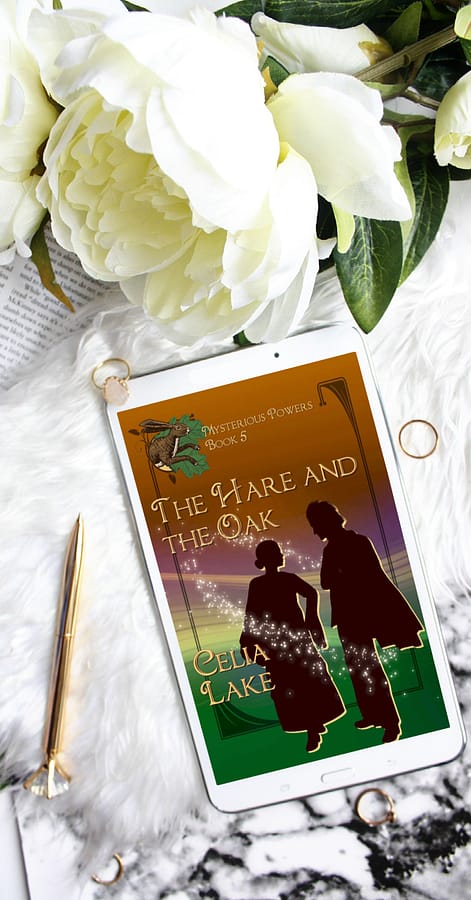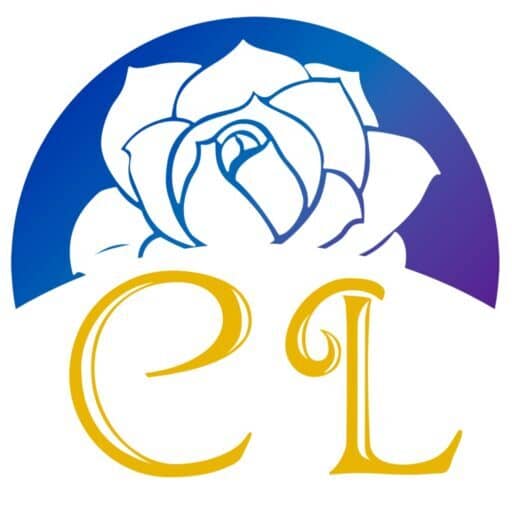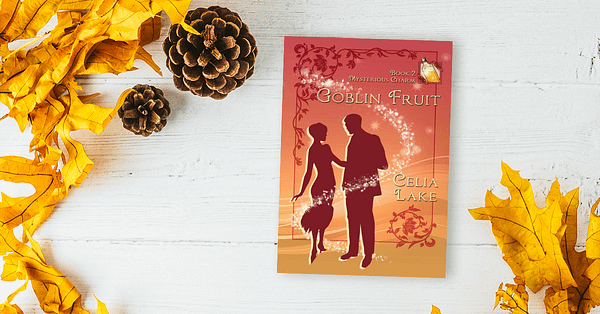Welcome to this week’s installment of “Idea to Book”, this time taking a look at The Hare and the Oak. It was a chance to take a look at three different strands I hadn’t spent much time wtih before. First, a deeper look at some of the implications of the Great War and the land magic. Second, what it’s like for someone who’s magical but not folded into Albion’s culture to figure it out. And third, a later in life romance (and what that means for Cyrus, in particular.)
As always, there are some mentions of things that are spoilers (though I’m not getting deeply into the plot details of the book).

Land magic and the implications of the war
One of the things I think about a lot – fairly obviously if you read more than a few of my books – is the way the Great War changed people. Specifically, and also repeatedly, how it changed their relationship to the land magic. Great Britain and Ireland weren’t touched by direct fighting the same way as continental Europe war. (Or as they would be in the Blitz and other bombing raids of the Second World War.) And yet, there were an awful lot of changes to the land as a result.
There were even more changes for the people who went and fought and came back. The sheer fact of being in the trenches would be destructive to many people’s land sense. That’s even before you get into issues like shell shock, trench collapses, or the sheer awful misery of trench warfare in general.
A variety of experiences
Geoffrey Carillon, in his various books, recovered his through a set of chance timing. It brought him back to Ytene at a key point in his own life after he’d been pulled out of the trenches for other war work. Some people, like Adam in Mistress of Birds recovered some of it, but a lot more slowly and uncertainly due to other parts of their War.
Right now, I’m editing Old As The Hills and Upon A Summer’s Day, books that focus on Gabe and Rathna. More than one person notes that Gabe is unusual for not having had that particular damage to his landsense to work around. His injury happened just before he could have enlisted.
Other ways that could go
But there are lots of people who are still struggling with that, and who like Lionel did not necessarily get some of the tools or magical approaches that might have helped bridge the gap. It’s possible, for example, that if Lionel’s father had lived a bit longer, Lionel might have recovered enough of the land sense without being responsible for managing all of the implications yet. Or maybe not.
A new view of Albion
One thing I wanted to do somewhere about this point in my writing, was have fun with a character who was coming into Albion’s culture – and especially its assumptions about that culture – as an adult. Nora’s not a point of view character, but her opinions about some of this nonsense are quite obvious on the page. She’s not afraid to question the things that seem foolish to her. But she’s also willing to listen to the fact there might be a reason for them.
Nora’s a teacher by profession, and she’s curious. But she also doesn’t have a lot of previous experience to match against, because her background is so different. This means there’s a lot of fun to be had with Cyrus and Mabyn trying things out. They have to figure out what she responds to, and whether she can learn what’s needed promptly enough.
A later in life romance (and Cyrus in particular)
Finally, I heard from more than a few readers that they really enjoyed seeing an older couple (in Seven Sisters). I wanted to spend a bit more time with a romance like that. Cyrus, of course, first got significant page time in Sailor’s Jewel, where he’s a significant secondary character. I wanted to contrast the death of his wife (very young, and in traumatic circumstances that led to a number of Cyrus’s later choices, including his challenge for the Council) with Mabyn’s.
Her marriage was a good one by the standards of the Great Families, but it was not at all happy. It was emotionally constraining at the very least. Quite arguably it was emotionally abusive and neglectful for significant periods of her marriage. Seeing how she was willing to look at things again, and how building some trust with Cyrus in other areas changed her view of him – and other parts of her world – was great fun.
I particularly love the way they balance each other, in terms of personality, magical interests, and background, without actually overlapping all that much except for both being on the Council. (Don’t worry, there’s more coming, as an extra, about Cyrus’s time as head of the Council starting in 1932.)
Do these intrigue? Check out The Hare and the Oak.

